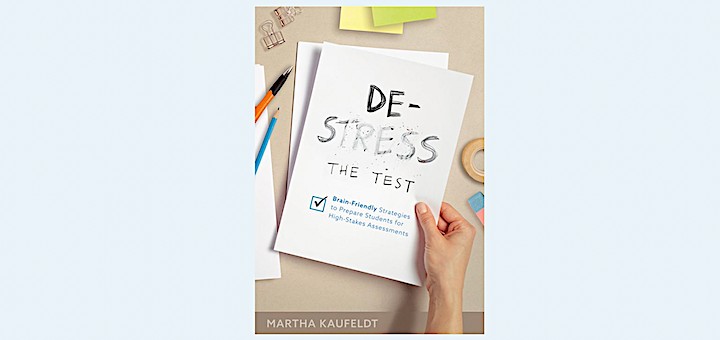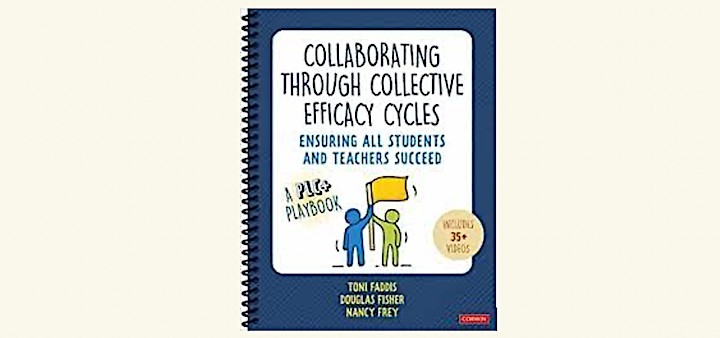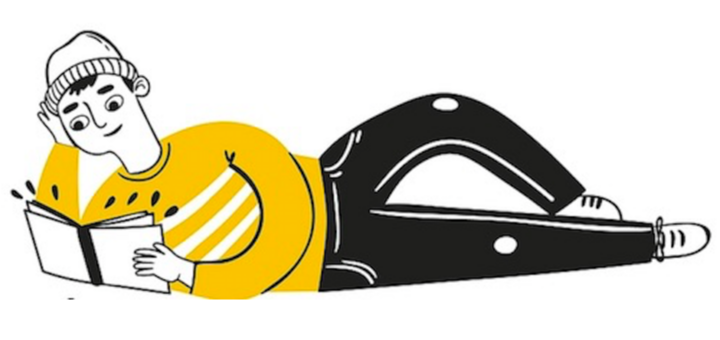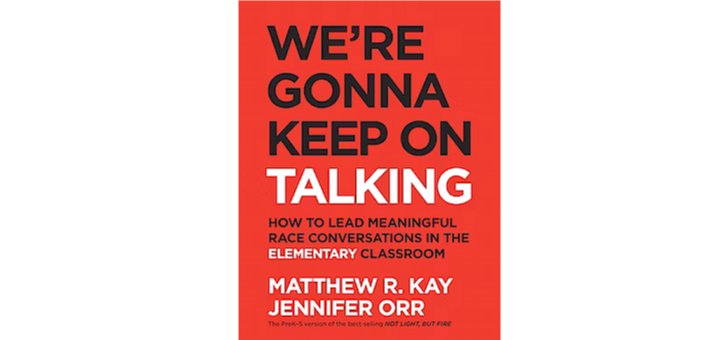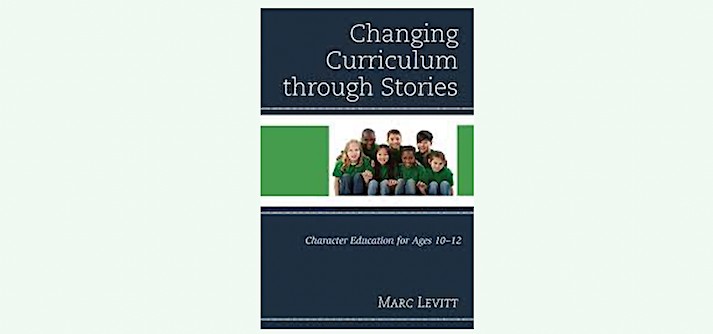Teaching and learning in grades 4-8
When trust is present, people are generally more productive, more satisfied with their work, and less likely to search for a new job. Ron Williamson and Barbara Blackburn share six research-based strategies leaders can use to build a trusting, collaborative school community.
Where there are challenges, there are also opportunities for creativity, novelty, and adventure to put a barricade between us and burnout. Stephanie Farley offers strategies to help teachers avoid or at least soften the sense of emotional exhaustion that leads to collapse.
School is a naturally stress inducing place for many students, so working to alleviate those feelings will only make our classrooms happier and more productive. Educator Stephanie Choate writes that Martha Kaufeldt’s De-Stress the Test helps with test anxiety and much more.
Collaborating Through Collective Teacher Efficacy Cycles is an invaluable tool that can help jumpstart school-changing collaboration, says Cathy Gessenheimer. Drawing on Hattie’s research, the book by Faddis, Fisher and Frey has links to more than 35 videos and other resources.
When we give students time to read a book they’ve chosen, time to practice skills and strategies they’ve been taught, time to read for pleasure and intellectual growth, time to talk about what they’ve read, they build reading stamina and endurance, write Dorfman and Krupp.
Patty McGee invites teachers to infuse some “Harry Styles magic” into social-emotional learning. In countless ways, Styles’ lyrics can be surprisingly fun and effective to build emotional IQ, acting as springboards for exploring and learning about our emotional landscape.
Michelle Russell starts the year with math activities that refresh skills and show students that her class will be welcoming to those with math anxiety. Multiplication refreshers, coloring books, Polaroids and shooting hoops help develop a supportive community.
Students in the middle grades think in polarities and will go to great lengths to avoid embarrassment, writes author and school counselor Phyllis Fagell. But with the right supports, they can learn to take risks – asking questions, joining discussions and learning more.
Reviewer Kathleen Palmieri says her 5th graders are already having race conversations socially. The guidance in We’re Gonna Keep On Talking can help elementary teachers build community and help students discuss race as it has affected life and culture in the past and today.
In Changing Curriculum through Stories: Character Education for Ages 10-12 Marc Levitt shows how personal stories, folktales and fairytales can act as catalysts for reflection and deeper comprehension. Dr. Kevin D. Cordi finds his notes to teachers and students quite helpful.



